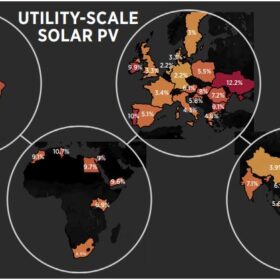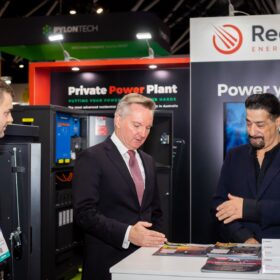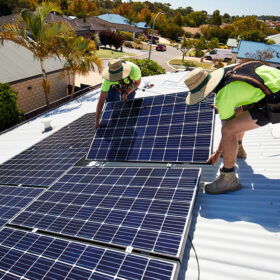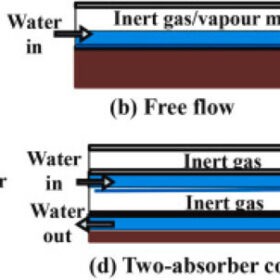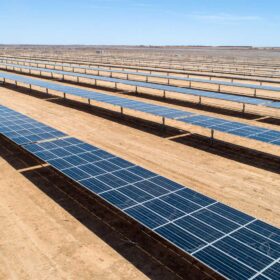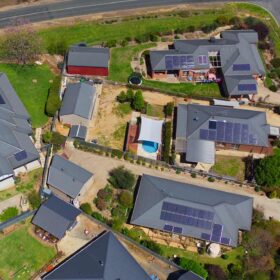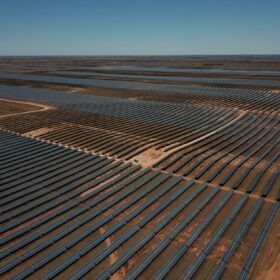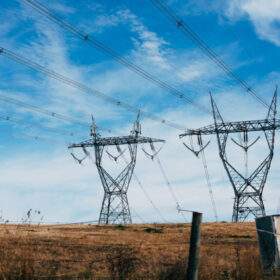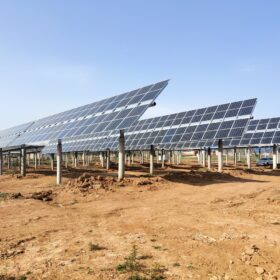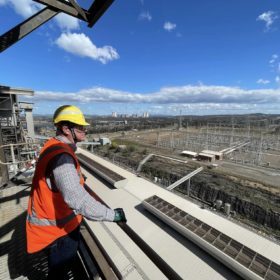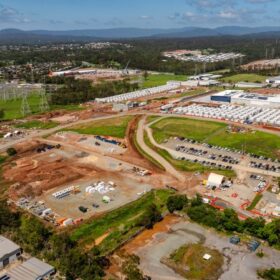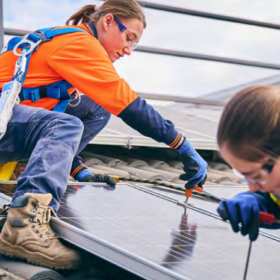Australia edged by China with cost of capital for utility scale PV
The International Renewable Energy Agency has released new data on the cost of capital for solar PV, onshore and offshore wind in the period between 2020 and 2021. Results show that Australia has the second lowest cost of capital in the Asia Pacific region at 4.6%, beaten out by China at 3.9%.
Bowen says Budget will back energy storage investment mechanism
Australia’s energy minister has revealed the upcoming Federal Budget will include support for a new revenue underwriting mechanism that is expected to unlock billions of dollars of renewable energy investment and “gigawatts of power” to support the ongoing decarbonisation of the grid.
IEA tips Australia’s ‘outstanding’ solar economics to drive rooftop growth
The International Energy Agency expects Australia’s “outstanding” economic fundamentals for residential and commercial rooftop solar will see the sector stabilise in 2023 after a new report revealed the PV market contracted in 2022.
All photovoltaic-thermal system designs at a glance
An international research team has presented all possible system designs and applications for photovoltaic-thermal (PVT) technology. Their review includes conventional PV-T collectors, air-based systems, liquid-based installations, water-based collectors, refrigerant-based systems, heat-pipe-based technologies, dual air-water systems, building-integrated PVT arrays, and concentrated PVT collectors.
NSW tender supports $2.5 billion solar and storage projects
The successful projects from the first tender conducted under the New South Wales government’s Electricity Infrastructure Roadmap have been announced with two large solar farms, a wind farm and an eight-hour battery energy storage system to be built as the state looks to manage the exit of coal-fired power generation from the grid.
Solar generation high sparks record lows across energy grid
Record solar generation from both large-scale and rooftop PV is driving down the wholesale cost of energy, helping set new records for minimum demand for electricity from the grid and reducing emissions to record lows according to new data provided by the Australian Energy Market Operator.
Victoria begins search for renewables investment to kickstart SEC
The Victorian government has launched a market search for what is to be the first large-scale renewable energy project to be developed under the resurrected State Electricity Commission that will invest an initial $1 billion towards delivering 4.5 GW of renewable energy capacity.
ACE Energy comes up trumps in race for Central-West Orana REZ role
The New South Wales government has tapped the ACE Energy consortium as the “first ranked proponent” to fill the network operator role for Australia’s first coordinated renewable energy zone that will host at least 3 GW of solar, wind and storage capacity.
China added 33.66 GW of new PV in Q1
China reached 327.4 GW cumulative installed PV capacity at the end of February, according to new figures from the National Energy Administration (NEA).
NSW power prices to surge during peak periods after Liddell power station closure
According to findings by Cornwall Insight Australia, this week’s closure of Liddell Power Station is expected to drive up average power prices during peak periods in New South Wales (NSW). Prices, particularly in the summer, are expected to be higher compared to the previous three years.
